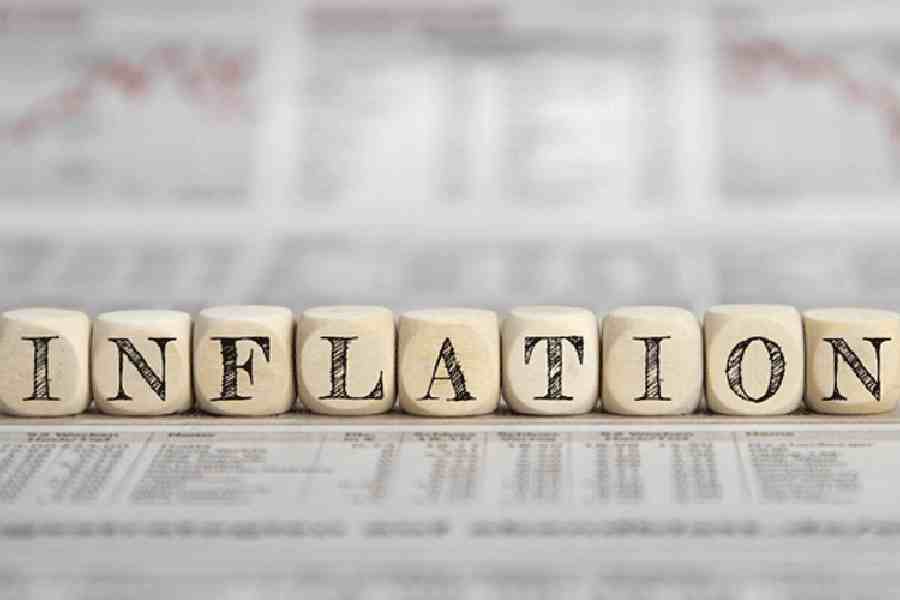The Reserve Bank of India (RBI) on Tuesday said food price pressures were preventing a fall in retail inflation to its mandated target of 4 per cent even as core inflation — which excludes the food and fuel prints — has declined.
The views were expressed in an article in the RBI’s March bulletin written by deputy-governor Michael Patra and his colleagues.
``Even as inflation is on the ebb with broad-based softening of core inflation, the repetitive incidence of short amplitude food price pressures deters a swifter fall in headline inflation towards the target of 4 per cent,’’ the article said.
The steady decline in core inflation would have taken headline inflation towards the target of 4 per cent even sooner and faster but for the food price pressures.
The authors added CPI readings for January (5.10 per cent) and February 2024 (5.09 per cent) showed that the winter easing of vegetable prices was shallow and short-lived.
“Cereal prices maintained strong momentum, and prices of meat and fish have registered a surge. The softening of core inflation has been broad-based. Fuel prices remain in deflation and this may get pronounced in March due to the reduction in the price of liquified petroleum gas (LPG),’’ it said. The article added monetary policy has to remain in a risk minimisation mode, guiding inflation towards the target while sustaining the momentum of growth.
The RBI said the views expressed in the bulletin article are of the authors and do not represent its views.
The article said India can sustain 8 per cent annual GDP growth and the conducive macroeconomic configuration may become a launching pad for a step-up in the country’s growth trajectory.
This comes even as the global economy is losing steam, with growth slowing in some of the most resilient economies. “The world is confronted with large shifts in structure and sentiments, which are either underway or impending,” it said.











